
Following an introduction by Bing Crosby, the Cinerama screen widens for scenes of landscapes, cities, peoples, and entertainments of the Soviet Union. Highlights include the historic buildings and churches of Moscow, as the Kremlin; its subway and streets, a spring carnival, the seaside resorts on the Black Sea, a trip down the Volga River, skiers, a troika racing along a snow-covered road, a helicopter view of the North Pole, an Antarctic whale hunt, the capture of a wild boar in the Moyun-Kum of Central Asia, a race by reindeer-drawn sleds, divers in the Sea of Okhotsk, battling an octopus, the capture of antelopes, rafting logs down the Tisza River, and the development of new towns in Siberia. Other scenes include a visit to the Moscow Circus, where the renowned clown Oleg Popov performs, the dancing of the Moiseyev and Piatnitsky companies, and excerpts from the repertoire of the Bolshoi Theater Ballet.
You May Also Like
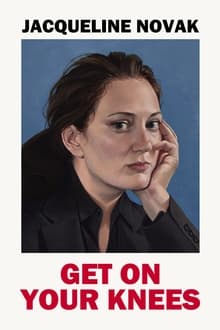
Comedian Jacqueline Novak delivers a funny and philosophical meditation on sex, coming-of-age and a certain body part in this intimate stand-up special.
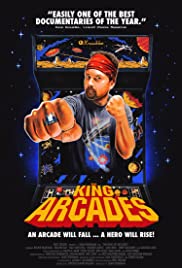
Starting as a passion project, this movie launched the team on an unexpected journey; from discovering the historic past in Ralph Baer’s personal workshop, to capturing the present as the Smithsonian Museum recognizes gaming as art. Along the way, the crew encountered an interesting cast of characters including game developers, high score players, and arcade enthusiasts.

The film is dedicated to the achievements of the Ukrainian SSR for the eleventh anniversary of the October Revolution.
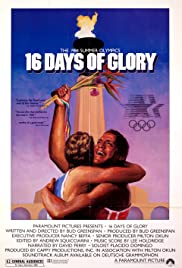
The definitive photographic record of the 1984 Los Angeles Olympics, told “from the inside” through the lives of the participants, the words of David Perry, and the singing voice of Placido Domingo. From the opening to closing ceremonies, this unique style of storytelling shows a side of the Olympic Games not seen by television audiences.
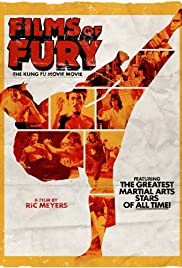
Tells the story of the Kung Fu sub-culture from its ancient Peking Opera origins to its superhero-powered future. From Enter the Dragon to Kung Fu Panda and everything in between, “Films of Fury” features the genre’s greatest on-screen warriors, and reveals the legend, the lore, and the loony of the Kung Fu film genre like it has never been seen before.
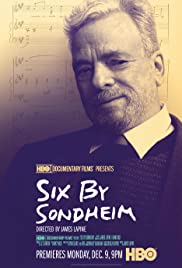
This intimate documentary explores the life and career of the stage legend Stephen Sondheim through six of his best-known songs.

The sensational expose of the complicity of Britain, USA and Australia in the continuing genocide in East Timor.
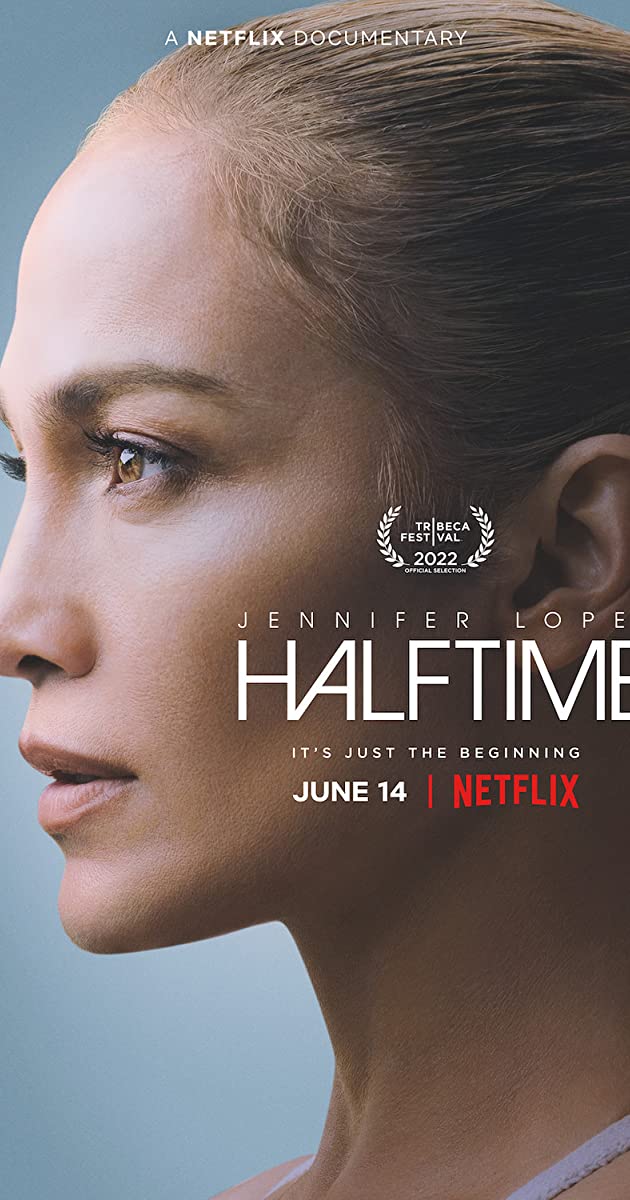
Global superstar Jennifer Lopez reflects on her multifaceted career and the pressure of life in the spotlight in this intimate documentary.

This is the untold story of the personal battles that gave rise to the multi-billion dollar video game industry. Brought to life by Academy Award® winning director Daniel Junge, this documentary is a tale of brilliant innovations, colossal failures, and ego-driven rivalries on a massive scale. It is a 50-year-long, multi-generation epic featuring corporate coups, industrial espionage and the promise of unimaginable riches being just one cartridge away. Told in chronological order and featuring the sons of the brilliant inventor of the first video game console, Ralph Baer, the co-founder of Atari, Nolan Bushnell, and many more experts in the gaming industry, this documentary highlights the programmers, engineers, management and business practices they followed to compete against each other and become the gaming tycoons we know today.

Two friends, both Indigenous fishermen, are driven to desperation by a dying sea. Their friendship begins to fracture as they take very different paths to provide for their struggling families.
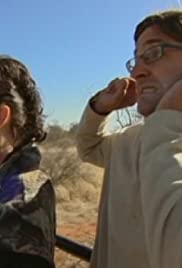
Louis goes to South Africa where American tourists pay to hunt wild animals in privately owned reserves.

Ten years after the film Home (2009), Yann Arthus-Bertrand looks back, with Legacy, on his life and fifty years of commitment. It’s his most personal film. The photographer and director tells the story of nature and man. He also reveals a suffering planet and the ecological damage caused by man. He finally invites us to reconcile with nature and proposes several solutions